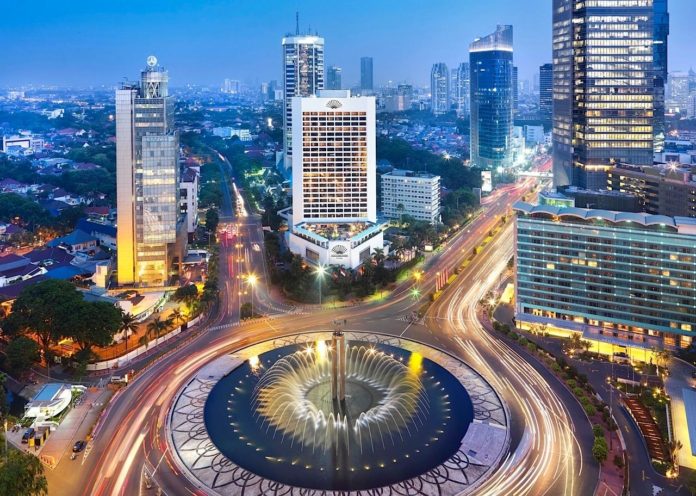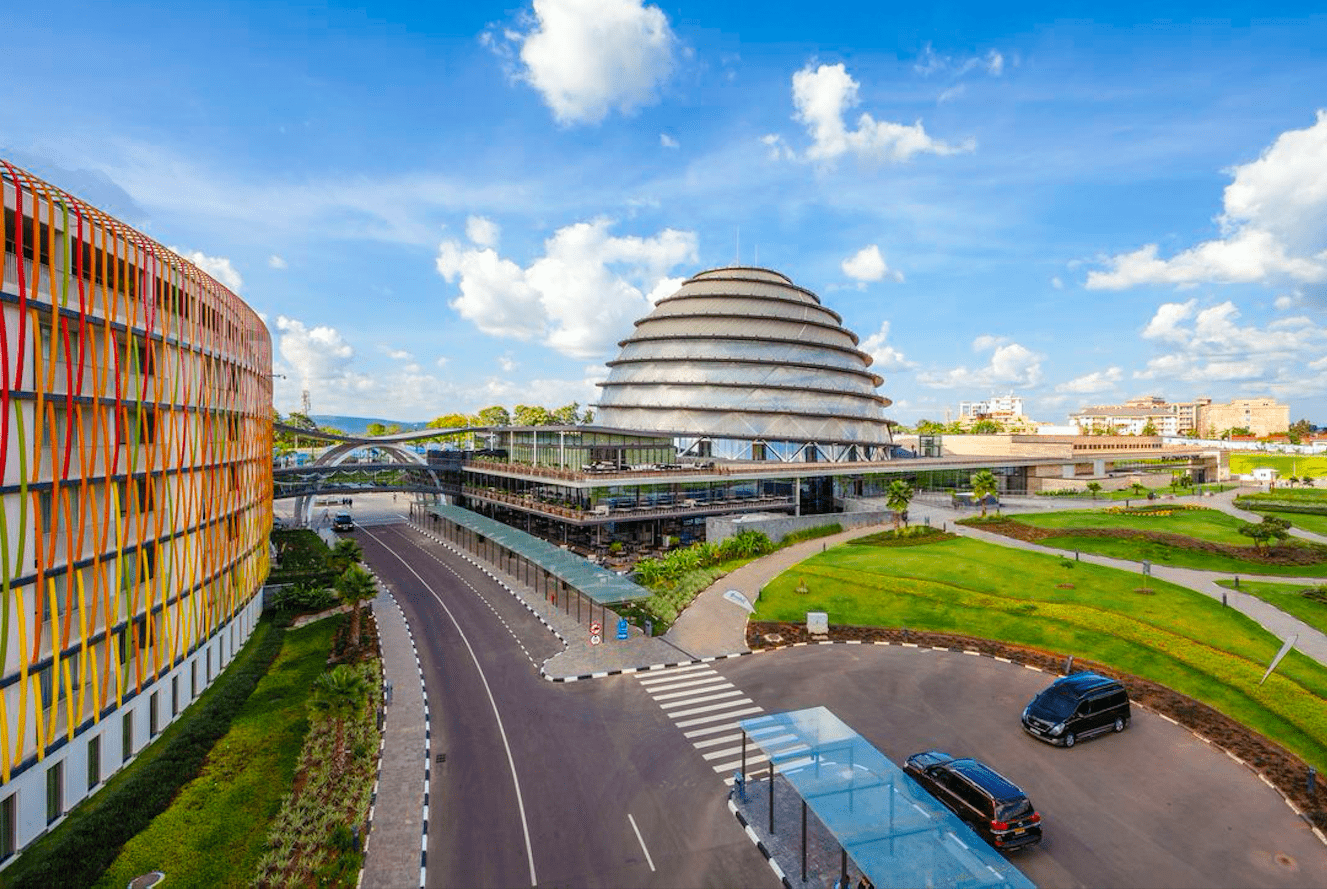African leaders are increasingly aspiring to “modernize” their cities. That is to make them “globally competitive” and “smart”. The hope is to strategically position cities in Africa to drive the continent’s much-needed socio-economic transformation.
There has been a resurgent interest in building so-called “smart”, “modern”, “globally competitive” cities in Africa. Some are seeking to build entirely new cities. But, for the most part, most governments want to put cities on the “map” through large-scale redevelopment or by “modernizing” existing city districts.
African cities have long been blamed for not serving as engines of growth and structural transformation as their counterparts did during Europe’s Industrial Revolution. This makes it refreshing that leaders on the continent are seeking to turn things around.
Early this year, the authorities in Nigeria sent a combined team of police, military and other law enforcement officials to destroy a Port Harcourt informal settlement that housed some 15,000 families.
Their counterparts in Ghana are currently conducting similar exercises.
These decisions are often justified on the grounds that informal workers and their activities generate “congestion”, “crime”, “filth/grime”, and “disorderliness”.
In other words, they impede sustainable city-making, and hence, must be eradicated. African leaders must recognize the enormous potentials of the continent’s informal workers and begin to integrate them better into their city-building visions and strategies.
Source : THE CONVERSATION



